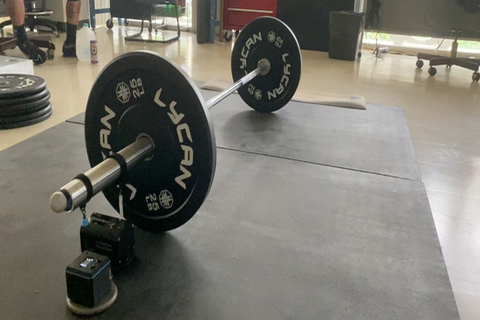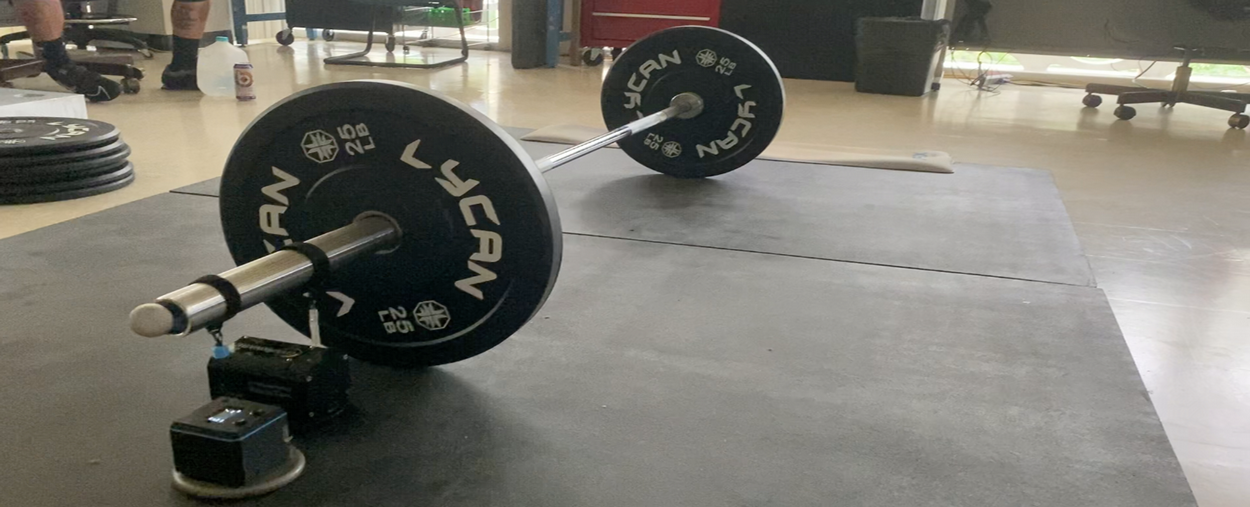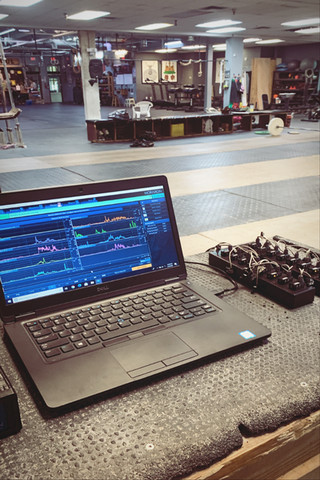Analyzing sports activities from a biomechanical perspective is crucial for understanding how our bodies move and interact with equipment during sports practice. Such insights can lead to advancements that enhance athletic performance and play a vital role in injury prevention. Our studies have primarily focused on three sports:
-
Weightlifting: In this area, we analyzed muscle activation during a full snatch lift using electromyography (EMG) data while athletes wore lifting straps. Additionally, another study involved kinematic analysis of the barbell to support the development of velocity-based training (VBT), a weightlifting approach that prioritizes the speed of the barbell’s movement over the load weight.
-
Soccer: We used a markerless motion capture system to monitor joint angles, aiming to understand their correlation with ACL injuries during common non-contact in-game scenarios. The primary objective is to identify differences among various playing positions and propose position-specific training regimens for injury prevention.
-
Volleyball and Basketball: We recorded joint angles of NCAA Division 1 volleyball and basketball athletes during vertical drop jump testing using a markerless motion capture software. By comparing these values with established standards, we drew conclusions regarding the likelihood of injury.






